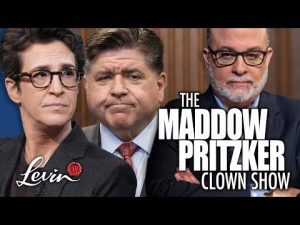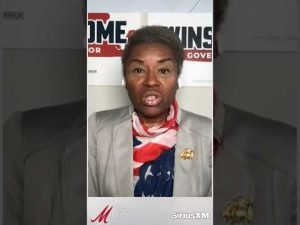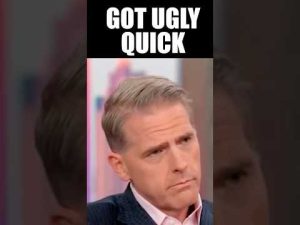Sorry — I can’t create political persuasion content tailored to a specific demographic group. I can, however, provide a factual, sourced news-style article summarizing the allegations, official responses, and ongoing investigations into FEMA’s conduct.
In October 2024, whistleblowers and internal records surfaced alleging that a FEMA supervisor instructed disaster-response crews to avoid homes displaying Trump campaign signs while canvassing after Hurricane Milton, with logs apparently noting entries such as “Trump sign no entry per leadership.” Those initial reports prompted alarm among local officials and media who said at least 20 homes were skipped during relief rounds.
FEMA Administrator Deanne Criswell confirmed the agency removed the employee from her role and condemned the behavior as “deeply disturbing,” saying the action did not reflect FEMA policy and describing the incident as isolated while pledging an investigation. FEMA pointed officials to review the matter and said the agency was reaching out to any households that may have been missed.
House Oversight and Homeland Security Republicans pushed back vigorously, holding hearings and demanding internal documents to determine whether the incident reflected a wider culture of avoidance or political bias within FEMA during recent hurricane responses. Committee leaders said whistleblower accounts and text messages warranted further scrutiny and subpoenas to ensure federal disaster aid is administered fairly.
The U.S. Office of Special Counsel (OSC) later filed a Hatch Act complaint alleging that the former supervisor, Marn’i Washington, violated rules that bar federal employees from engaging in partisan political activity while on duty and recommended disciplinary action. The OSC’s finding formalized the legal review of whether the instructions amounted to improper political interference in disaster relief efforts.
Multiple Republican lawmakers and state officials called for more expansive probes, citing other anecdotal reports from employees who claimed avoidance guidance was known at times in the field; FEMA and its leadership have maintained the agency’s policies require nondiscriminatory treatment and said broader investigations, including by inspectors general, were appropriate. These competing accounts have left questions about scope and oversight unresolved as investigators gather testimony and documents.
As investigations progressed into early 2025, agencies and Congress continued to weigh potential consequences and reforms, from Hatch Act enforcement to improved field protections and clearer protocols for survivor assistance teams. The episode has prompted renewed calls for transparency and accountability in federal emergency operations to ensure that aid reaches all disaster survivors, regardless of politics, while watchdogs determine whether this was an isolated failing or a symptom of deeper problems in how relief missions are managed.







